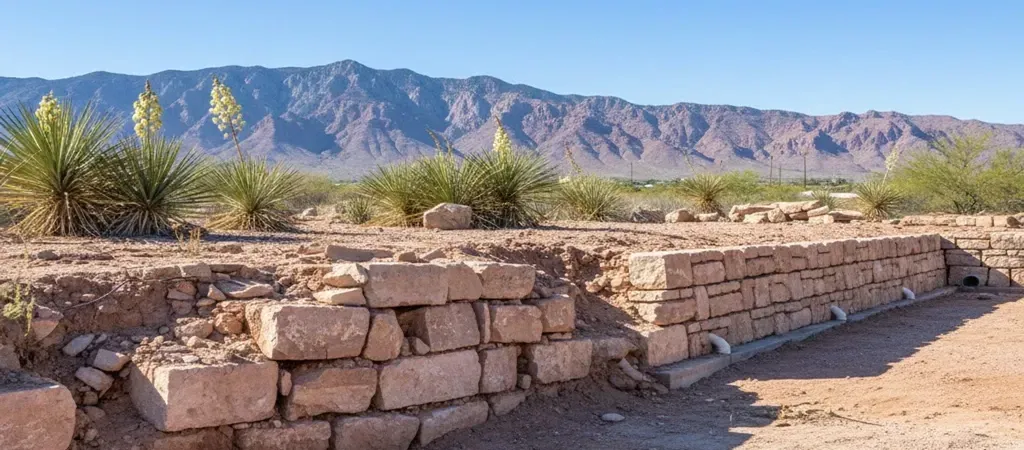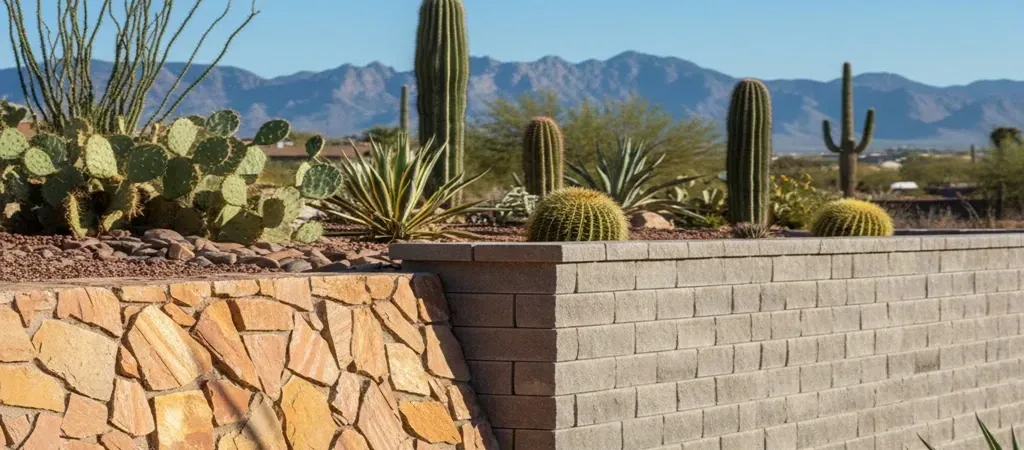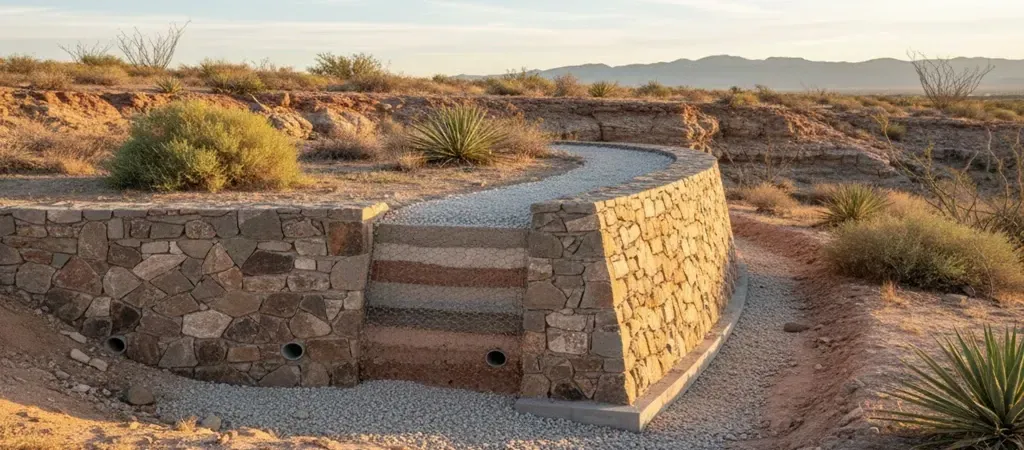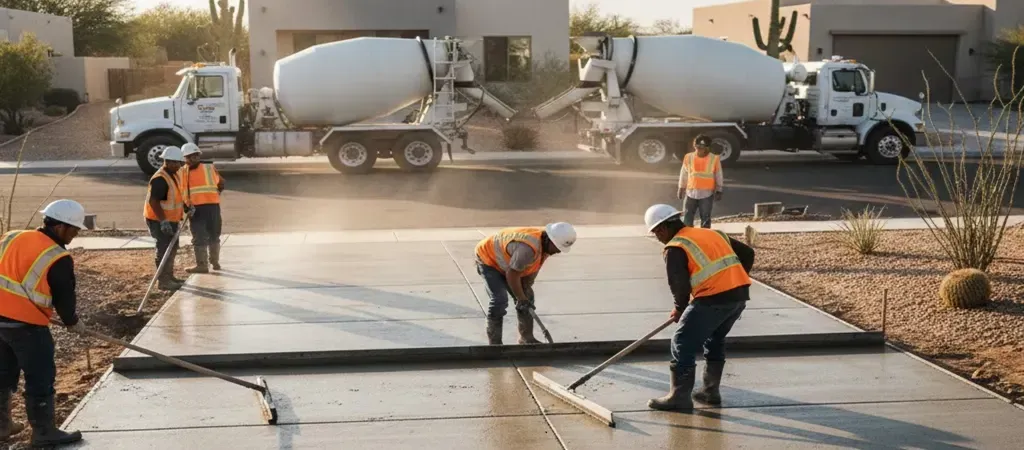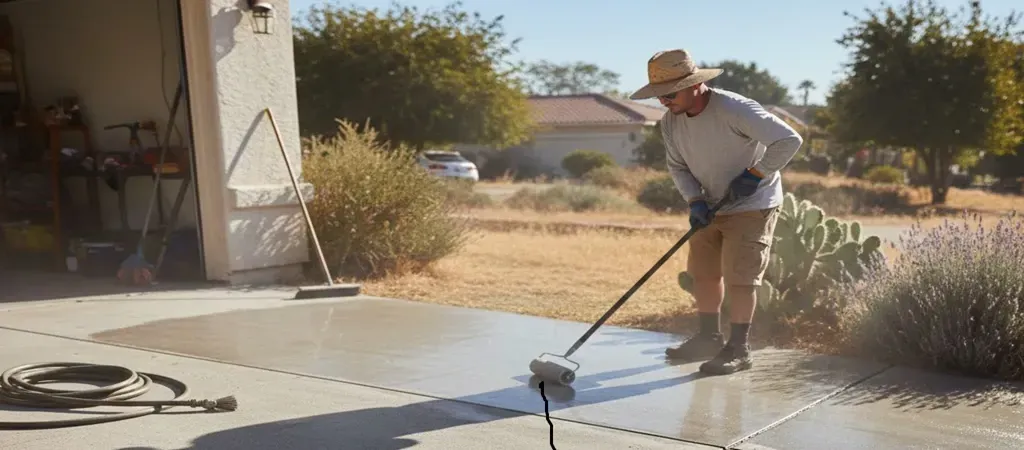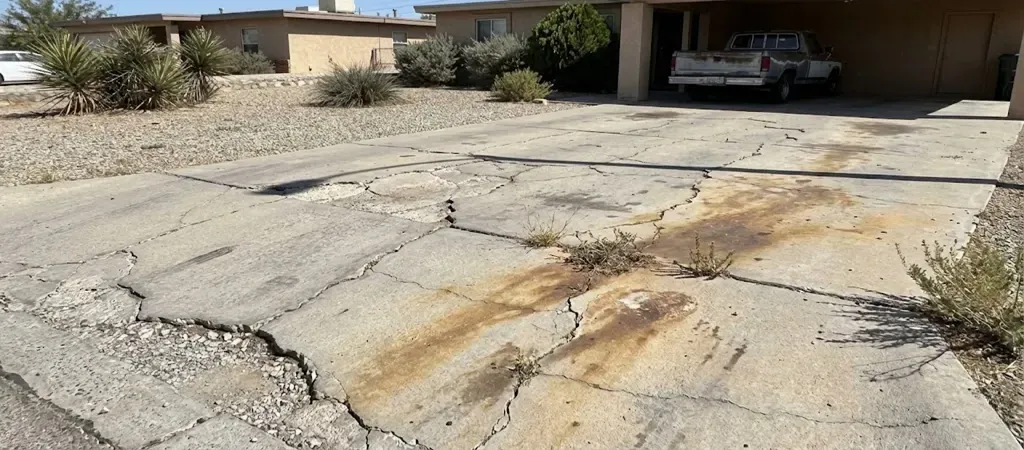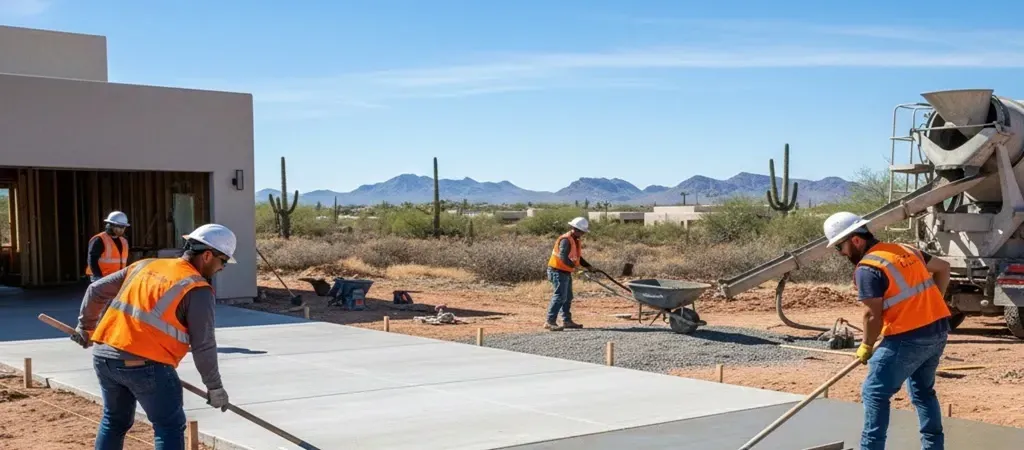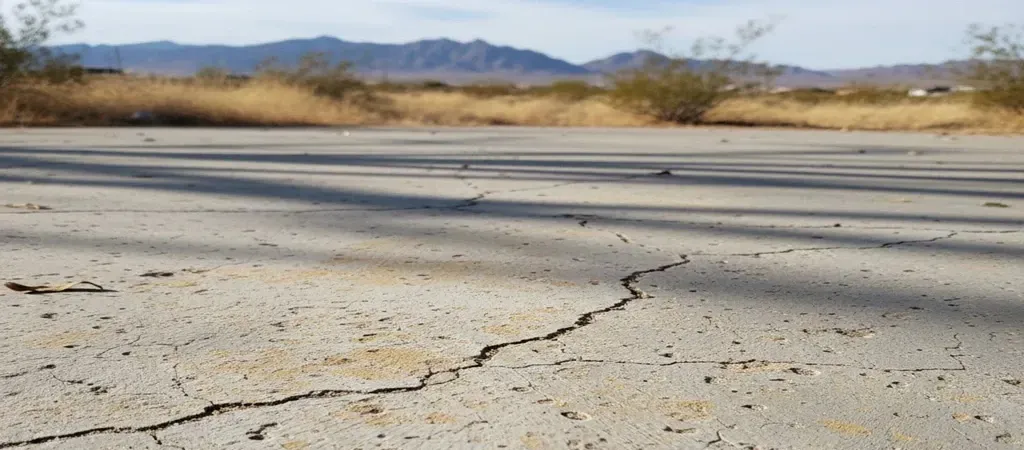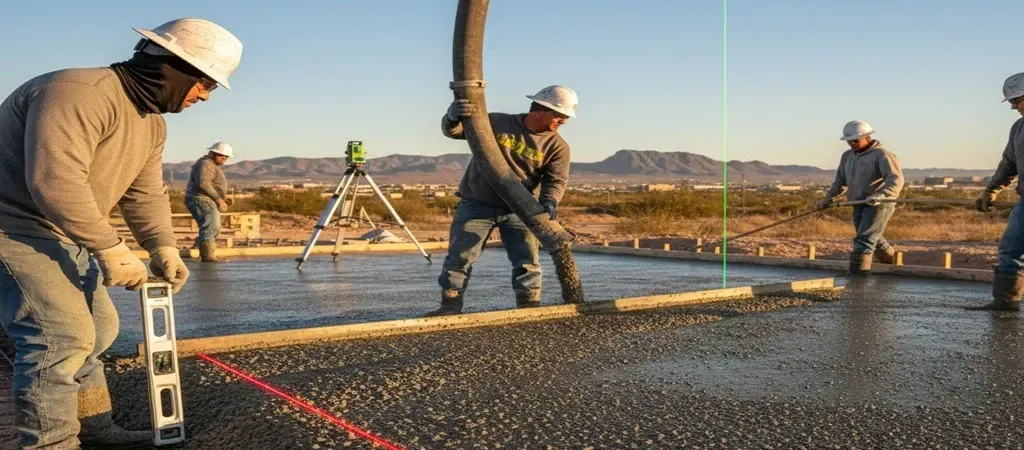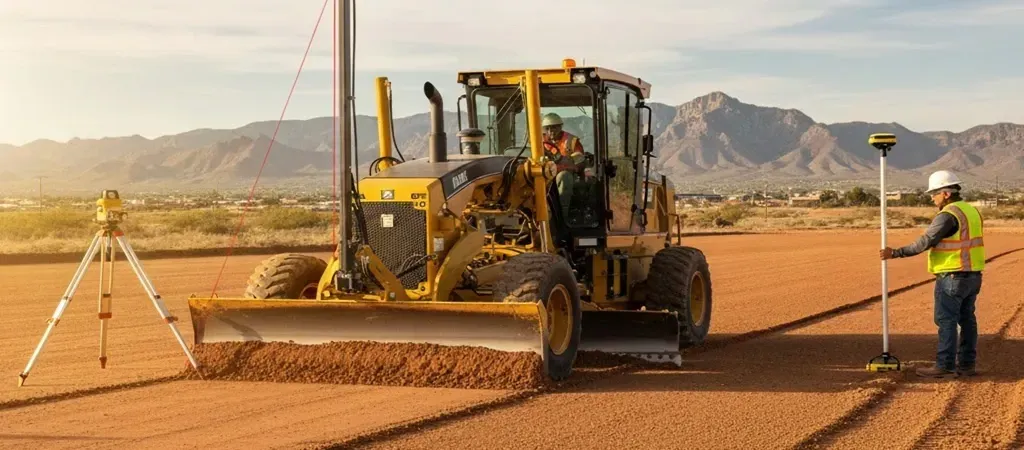Differences between Concrete Contractors and Masonry Contractors
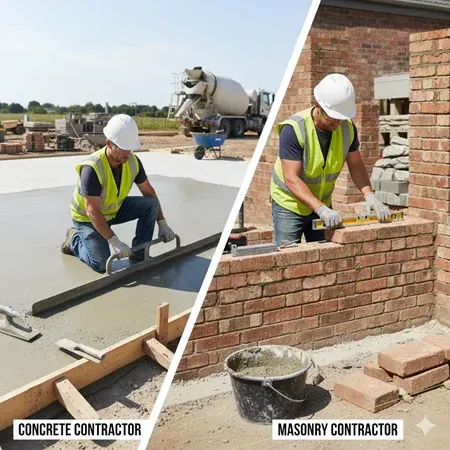
Masons are experts in the construction industry who utilize stone or brick blocks to erect portions of buildings such as homes, businesses, offices, and warehouses. Some masonry contractors also use concrete.
There are numerous uses for concrete, one of the most durable and flexible building materials. Concrete is omnipresent in our daily lives, from counters to flooring to bridge piers, roads, and entire structures.
Your projects will run more efficiently if you hire the correct concrete contractor for the scope and size of your project. Almost all concrete contractors have a website where they can display their past work. Check through contractor websites to see whether your project falls within their scope of expertise. Here is some brief details about Differences between Concrete Contractors and Masonry Contractors:
Why Would You Need to Hire a Masonry Contractor in the First Place?
Masonry contractors are experts who have received specialized education and training. Masonry building and maintenance and various uses of masonry are all part of their job description. Masons were once employed to carry out this work. Skilled masons handle multiple sorts of masonry work. Construction materials such as steel and concrete can be repaired and rebuilt.
· Brick
· Block
· Concrete
· Stone
Despite their extensive training and expertise, a masonry contractor must also be versatile.
Masonry Contractors Play What Role?
Masonry contractors must be able to express their expertise and focus on the technical aspects of their work. There are many more elements to consider while working with masonry than just the actual building process. In addition, they must be well-versed in any other areas of the project that they or their team may take on. An experienced masonry contractor will be conversant with the following terms and concepts:
Inspects, licenses, and permissions; tax payments, lien laws; and other rules and regulations that pertain to the project.
The final cost can be affected by factors including labor and material costs, weather conditions, workforce availability, general contractors, and architects. Regulations and forms of insurance (such as worker's compensation, unemployment, and property damages) as well as
Tradespeople are working together, and the variables will control their relationships with the masonry contractors.
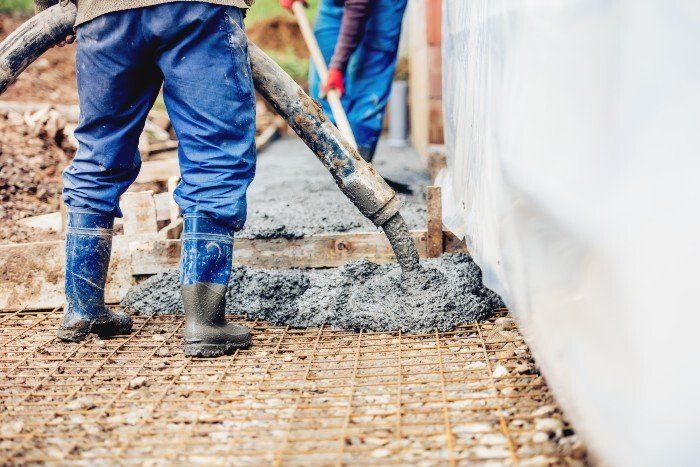
What is the Best Type of Masonry Building?
Masonry constructions come in various varieties. You can utilize masonry constructions indoors or outdoors to build walls, chimneys, and other architectural features in your house, workplace, or additional commercial space. Because masonry is so long-lasting, You can find it on many historic properties.
Using masonry materials like brick, stone, and concrete provides a long-lasting foundation that is visually appealing and durable. What's the finest one?
Which project you are working on will impact your answer to this question. Different materials should be considered depending on your design, region, and needs. For example, if your structure is located outside, it must be durable and resistant. Your key focus is the finished product's appearance rather than its ability to survive the weather if you create indoor elements.
A concrete contractor installs and repairs concrete, concrete reinforcing materials, concrete products, and accessories in the concrete industry. They are forming, placing, and finishing concrete structures such as footings, foundations, slabs, basements, sidewalks, parking lots, fence footings, and decorative concrete walls that do not exceed four (4) feet in height and retaining walls.
Concrete Contractor
In the field of building, a concrete contractor is any of several organizations, teams, or individuals who have received specialized training and certification for the usage of concrete. Experienced contractors can handle concrete in any of its stages to produce high-quality work for their clients.
Because concrete is the primary material used to build home foundations, it goes without saying that a concrete contractor is an expert in this type of work and any other stage of homebuilding where concrete is needed.
What do Concrete Contractors do?
A concrete contractor should be on-site when the concrete is delivered so that You may complete the next part of the project. For those who like the job done by a specialist, you can ask your contractor to prepare the subgrade and build the frames.
You'll have your contractor oversee the pouring and spreading of the concrete, ensuring that you get what you want out of the project. The concrete must be pushed into the prepared frame fast and efficiently by your contractor and other workers before it sets up.
You can break down the frameworks and the sealer applied after the concrete has begun to cure by your contractor if you so like. Concrete can also be embellished using stencils or stamps to give it a more custom look. Your contractor will cover all the details, so the final product is what you envisioned.
Many specialists in the field of concrete work are multi-skilled. Concrete pouring is a whole different skill set than finishing a concrete patio.
· Concrete Pumping Service.
Getting the mixed cement to the drying location is the job of pump operators. Most contractors you engage will be able to operate the necessary equipment to complete this task in your own house. Pumpers specializing in commercial use are the norm.
· Concrete Cutter Services for Rent
Concrete cutting, like pumping, is a distinct aspect of the installation process. This material can be easily cut using diamond-impregnated saw blades by the operators.
You might hire cement cutters for this purpose. You are finishing up minor work, such as the driveway's edge. You can also use saw cuts to construct contraction joints, which prevent the material from splitting as it shrinks over time by professional contractors.
· Concrete Installers and Pourers
Pourers and installers typically offer a full range of services, including mixing, delivering, and finishing the cement. Concrete contractors may specialize in stamped concrete, or they may focus on the foundation of a home.
· Constructors of Flatwork in Concrete
Non-slip or faux stone treatments like these are common on patios and driveways, and experts in this field know how to apply them. It is particularly suited for concrete because it indicates a flat surface. Many professionals can use a variety of distinct finishes.
